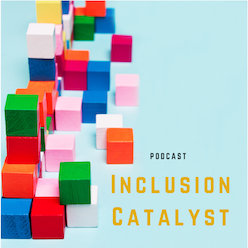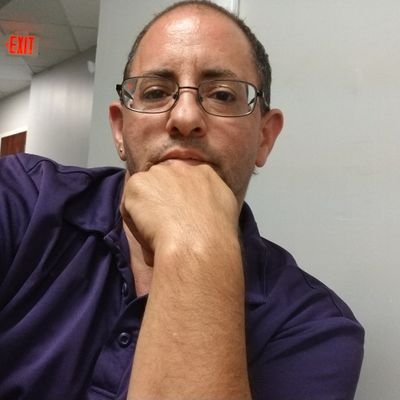Christian Zsilavetz joins us to discuss the importance of being an ally and advocate for LGBTQ kids and his personal experiences as a transman and educator.
- Christian discusses the school he founded
- The risks LGBTQ youth face in their schools and personal lives
- Civil rights for the LGBTQ community
- Available resources in the Atlanta community
- The importance of providing support to LGBTQ youth because of the prevalence of homelessness, drug addiction and risky behaviors
- LGBTQ Rights in schools
- Changing perceptions of the trans community
- Call to action – what everyone can do to support LGBTQ youth and be an ally
Support Inclusion Catalyst by contributing to their Tip Jar: https://tips.pinecast.com/jar/inclusion-catalyst

